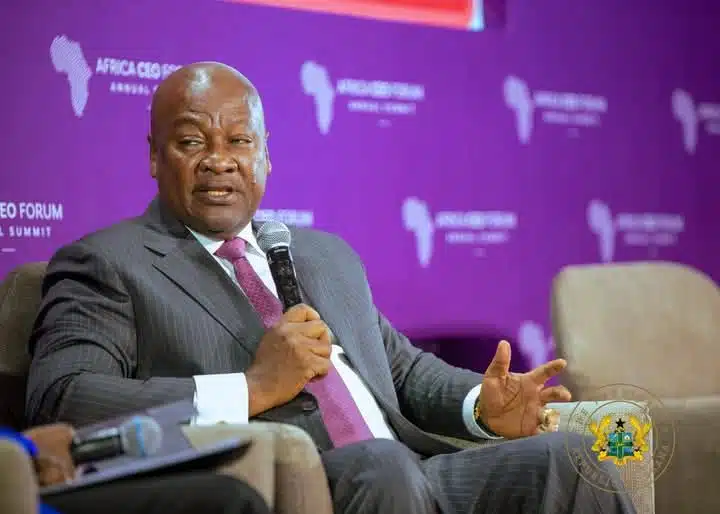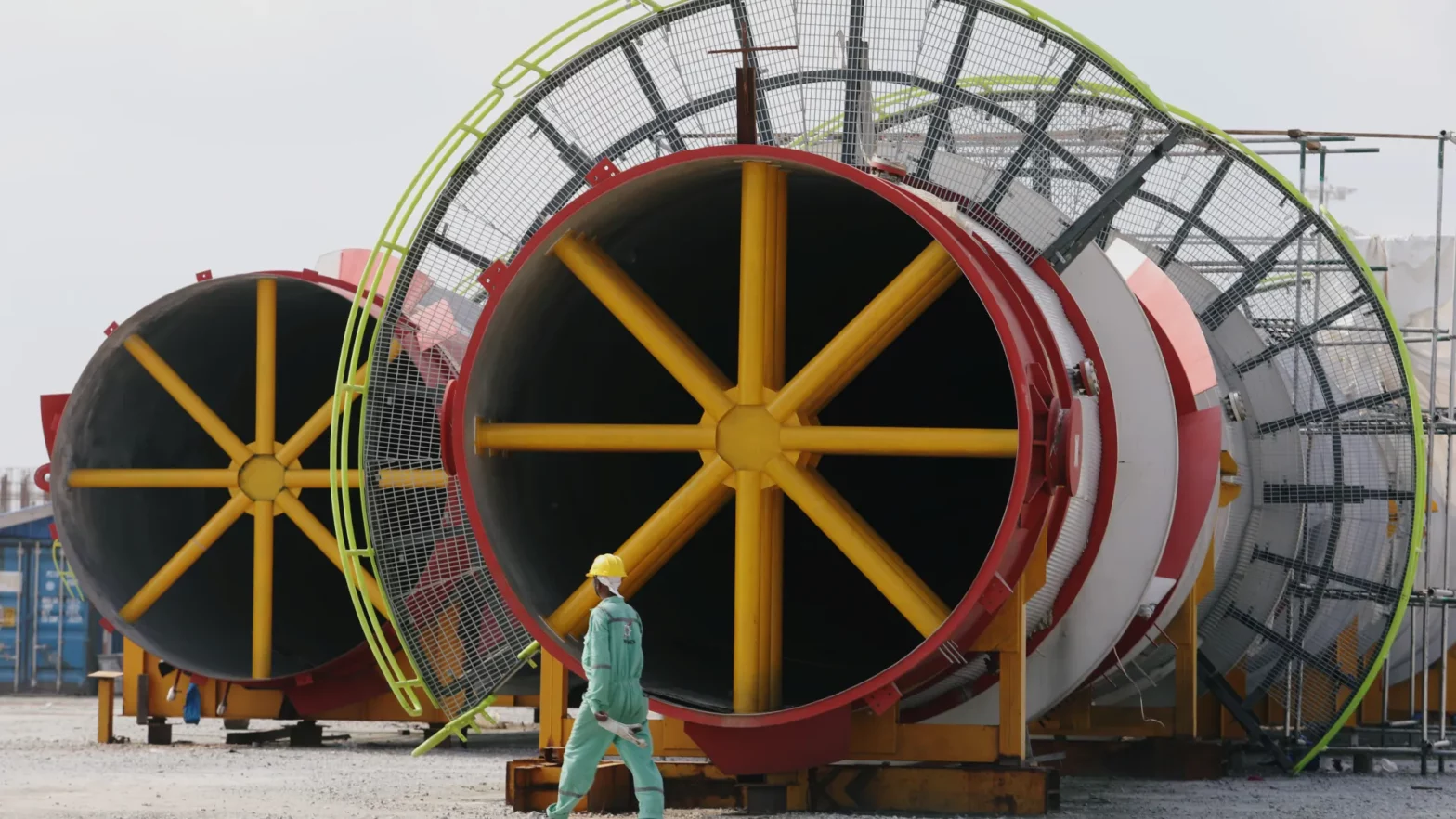The Democratic Republic of Congo is considering whether to lift a four month ban on cobalt exports as the global market braces for a long term supply deficit, according to the country’s mines minister, Kizito Pakabomba.
Pakabomba mentioned the possible review during a cobalt industry conference in Singapore on Wednesday but did not provide further details.
The ban, imposed in late February, was introduced to address the oversupply of cobalt and stabilise prices, which had fallen to a nine year low earlier this year.
“We are reviewing the ban and assessing its impact on both the domestic industry and the global market,” the minister said during the session.
Congo, the world’s leading producer of cobalt, had restricted exports in an attempt to tighten supply after global stockpiles surged and prices slumped.
According to data from Benchmark Minerals Intelligence, cobalt prices dropped to $10 per pound in February but have since rebounded by over 60% to around $16.
The ban, which is expected to end in June, came as the market grappled with a surplus of 36,000 metric tons in 2024 equivalent to 15% of global demand. This was up from a surplus of 25,000 tons in 2023.
The cobalt market’s volatility has raised concerns among stakeholders, particularly as demand for the battery metal continues to climb, driven by the electric vehicle (EV) sector.
Long term outlook shows looming deficit
According to a new report by the Cobalt Institute, demand for cobalt is expected to grow at a compound annual growth rate of 7%, reaching 400,000 metric tons by the early 2030s. The EV sector alone is projected to account for 57% of global cobalt use by 2030, up from 43% in 2024.
In contrast, supply is forecast to grow at a slower pace of 5% annually, with Congo’s dominance expected to shrink as Indonesia ramps up production.
The central African nation, which currently accounts for 76% of the world’s cobalt supply, may see its share drop to 65% by the end of the decade, while Indonesia’s share rises from 12% to 22%.
While the DRC has not confirmed whether it will lift the export restriction, analysts suggest that the government’s decision could significantly influence market balance over the coming years.
“If the ban is extended, we could see a faster correction in the oversupply situation,” one industry source said on the sidelines of the Singapore event.
As global demand surges, market watchers are closely monitoring Congo’s next move.









